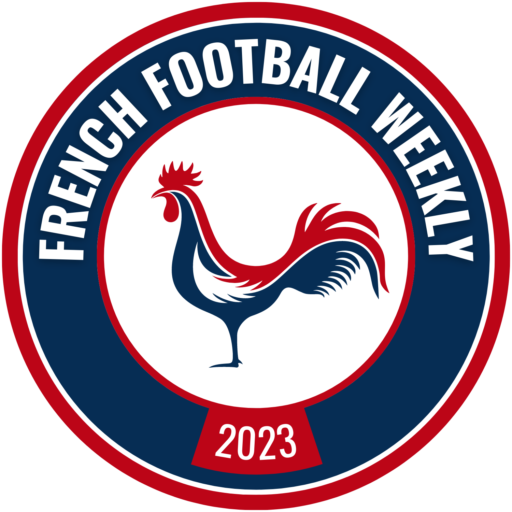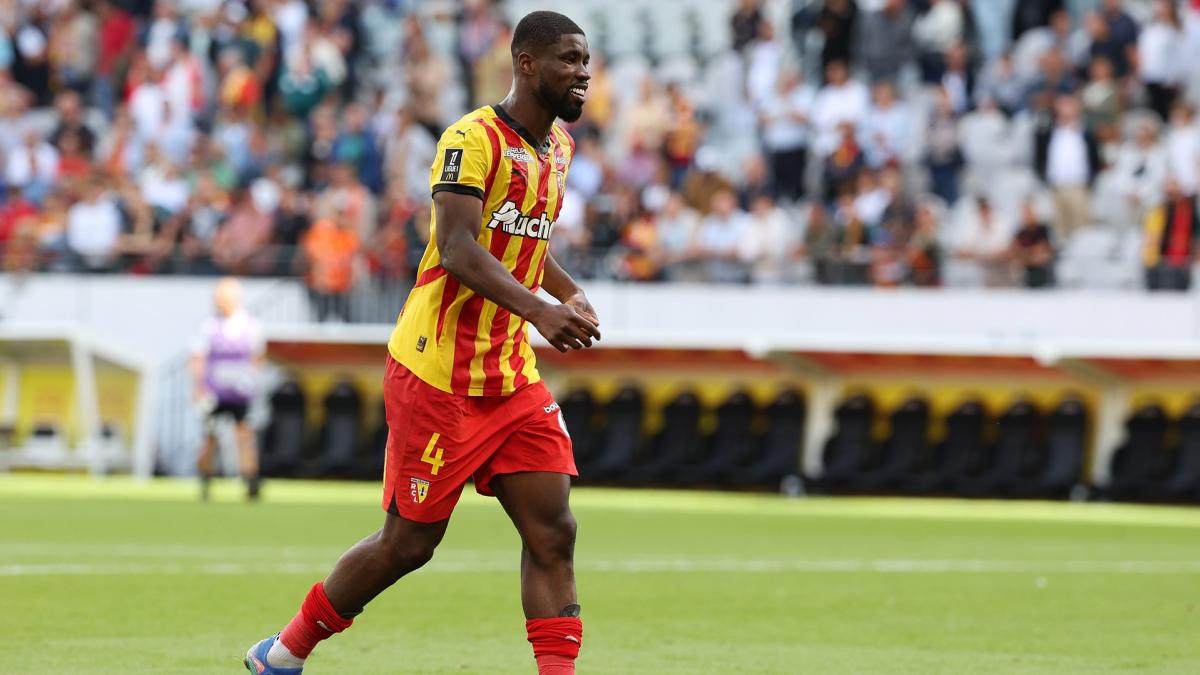It was nevertheless one of the big files of this end of the transfer window and everything suggested that Kevin Danso was finally going to leave RC Lens after several transfer windows full of rumours. An agreement had been reached with AS Roma for a transfer of around 25 million, but even though the defender had landed in the Italian capital to undergo his medical examination and initial his contract, the Italian club backtracked: “In close talks with AS Roma after a full agreement reached with Racing, Kevin Danso will not join the club of the Louve. The long interpretation of a medical examination is at the origin of this aborted transfer. The club questions the deep reasons for the non-validation of this movement for a meticulously followed player who chains the seasons with more than 30 matches on the French and international grounds, added the club of the mining basin. It maintains its absolute confidence in its defensive rock” wrote the Artois club in a press release last week. Thus, the transfer fell through and the various conspiracy theories multiplied, with some accusing AS Roma of having deliberately shot down the deal to move forward on other leads with a better quality-price ratio, including Manu Koné and Mario Hermoso.
Indeed, if the first medical examination carried out with the Roman club did not detect any problems, it was the second medical examination required in Italy to comply with the protocol of the Italian health authorities that found some physical problems, making the transfer impossible. Back in France, Kevin Danso had also reacted to his complicated situation: “I am disappointed and angry about the way the last few days have gone and the failure of the transfer to AS Roma. Above all, I am very surprised by the alleged reason for the cancellation of the transfer. Both the ÖFB doctors and the RC Lens medical department have followed me closely and examined me regularly in recent years. I was recently thoroughly checked during the preparation for the start of the season in Lens. No abnormalities have ever been discovered here. That is why the interpretations of the medical check in Rome are extremely irritating for those around me and for me and are in no way understandable.“While the 25-year-old Austrian’s frustration can be understood, the procedure is far from rare and unprecedented in Italy, a country with very strict medical regulations. As a reminder, Christian Eriksen, then an Inter player, was not allowed to play football again with a defibrillator.
A unique and special procedure
Italy has a particular system, unique in the world, which requires by law a certificate of fitness for those who train and compete with a federation or body recognized by the Italian National Olympic Committee (CONI). Two ministerial decrees, adopted in 1982 and 1983, regulate the mandatory protocol that must be followed by those who practice competitive physical activity in Italy. For most disciplines, medical history, clinical examination, electrocardiography (ECG) at rest and during exercise, spirometry and urine analysis are required on an annual basis. Depending on the activity, the checks and the period of validity may vary. The certificate is specific to the discipline practiced and each Federation determines the minimum and maximum age for competitive activity. The sports doctor is the competent specialist in the field, responsible for carrying out the examinations and issuing the fitness judgment. The player’s club is then responsible for verifying that all members have a valid certificate. Why did Italy choose to rely on such a complex legislative system and develop a mandatory eligibility protocol? The fundamental concepts are the culture of prevention and that of the protection of the person, even before that of the athlete.
The combination of these tests has in fact proven to be a preventive tool for health protection, acting as a screening from a very young age, leading to a reduction in sudden deaths on the competition fields. Italian football is still traumatized by the death of Davide Astori, a Fiorentina player and Italian international who died suddenly on March 4, 2018. Sports fitness visits have contributed to the development of a branch of medicine called sports cardiology. Over the years, knowledge of pathologies that were previously unknown or related to early diagnosis and possible therapies has been enriched. The ECG of those who practice sports may present certain changes that the sports doctor recognizes as benign and related to training. Other types of ECG changes may instead represent the expression of an underlying heart disease and are then investigated with second-level tests. Most cardiovascular diseases responsible for sudden death in young athletes are clinically silent and rarely suspected or diagnosed on the basis of symptoms. This last point is the element that derailed the deal between Lens and Roma after the detection of heart problems in Kevin Danso, the same for Tiago Djaló, Roma’s plan B, who suffered the same fate when he returned to Juventus.

